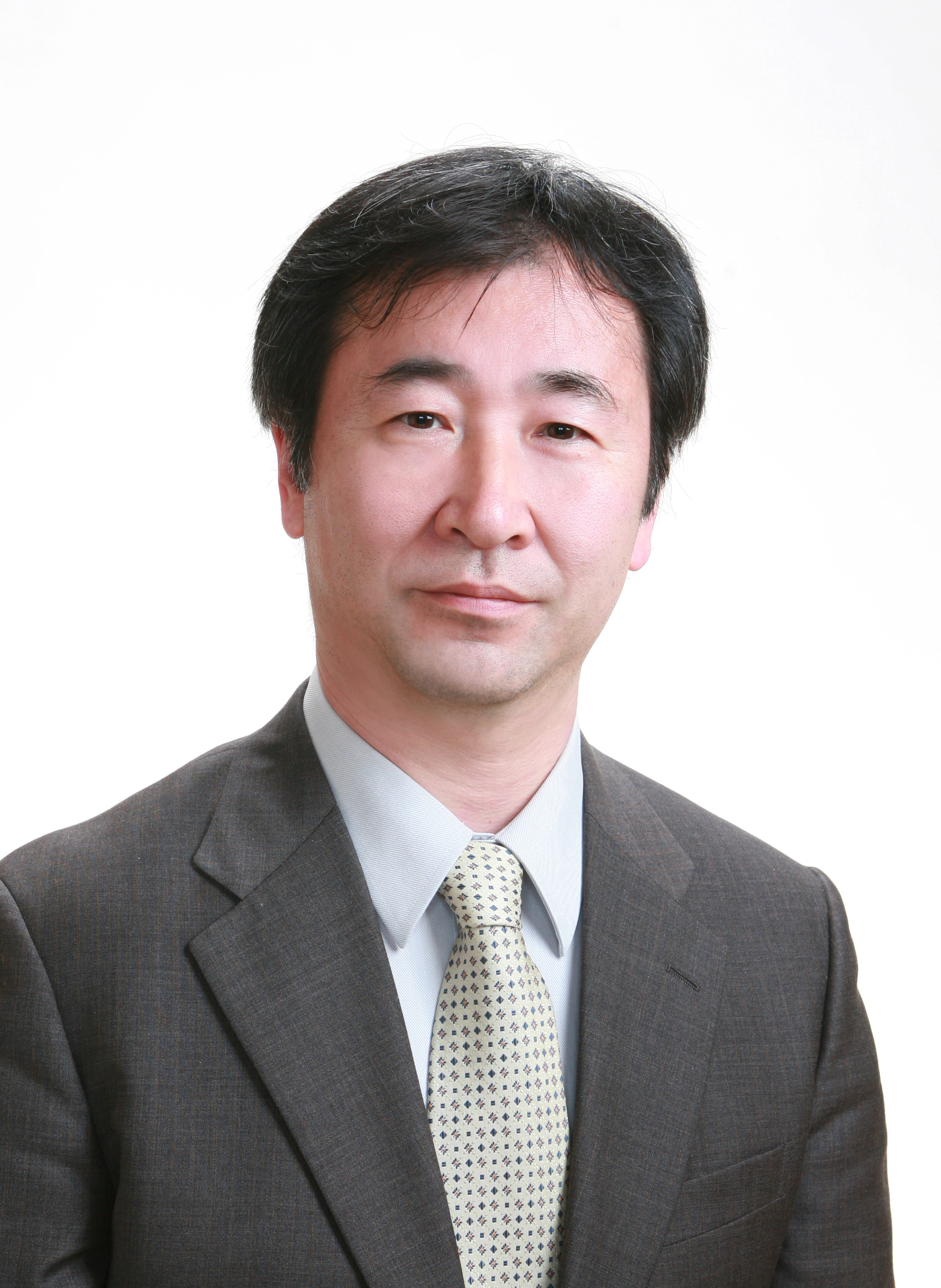University of Tokyo Professor Takaaki Kajita, recipient of the 2015 Nobel Prize for Physics and Director of the Institute for Cosmic Ray Research (ICRR), and Kavli IPMU Project Professor Yoichiro Suzuki are among seven researchers awarded the 2016 Breakthrough Prize in Fundamental Physics.
The Breakthrough Prize, which was founded in 2012 “to recognize those individuals who have made profound contributions to human knowledge,” has been awarded to the Super-Kamiokande, Sudbury Neutrino Observatory (SNO), Daya Bay, KamLAND and K2K/T2K research teams. Professor Kajita and Professor Suzuki are affiliated with the Super-Kamiokande experimental facility, where the work that lead to Professor Kajita’s 2015 Nobel Prize was carried out.
Professor Kajita’s research showed that atmospheric neutrinos, generated when cosmic rays interact with the Earth’s atmosphere, oscillate between two of three “flavors.” This discovery, followed by the discovery that solar neutrinos generated by nuclear fusion in the Sun also oscillate, conclusively proved that neutrinos must also have mass and indicated a weakness of the Standard Model of physics. Professor Kajita shared the 2015 Nobel Prize in Physics for this research with Professor Arthur McDonald of SNO.
Professor Suzuki’s research at Super-Kamiokande contributed to resolving the solar neutrino puzzle together with the SNO team. The first evidence for solar neutrino oscillations came by comparing solar neutrino data from the Super-Kamiokande and SNO experiments. In addition, the Super-Kamiokande experiment under the leadership of Professor Suzuki has been playing an important role as the far-detector of the T2K (Tokai to Kamioka) experiment which began in April 2009 and sends muon neutrinos generated at the Japan Proton Accelerator Research Complex (J-PARC) facility in Tokai, Ibaraki Prefecture, to the Super-Kamiokande detector 300 kilometers to the west. This research has demonstrated neutrino oscillation between muon and electron types.
“We at the University of Tokyo are immensely proud of Professor Kajita and Professor Suzuki’s research which, along with the work of their many colleagues, is deepening humanity’s understanding of the universe. We are very grateful to the selection committee which also honors the university by awarding this year’s Breakthrough Prize in Fundamental Physics to Professor Kajita and Professor Suzuki,” said Professor Kazuo Hotate, Executive Vice President for Research at the University of Tokyo.
Neutrino research in Japan was also recognized when Emeritus Professor Masatoshi Koshiba was honored with the 2002 Nobel Prize in Physics “for pioneering contributions to astrophysics, in particular for the detection of cosmic neutrinos” at the Kamiokande experiment.
The Breakthrough Prizes were awarded at a ceremony in San Francisco, California, USA on 8 November 2015. The Breakthrough Prize of three million US dollars is to be shared equally among the five projects.

Professor Takaaki Kajita
Copyright: ICRR/University of Tokyo

Professor Yoichiro Suzuki
Copyright: IPMU/University of Tokyo
Name: Misato Hayashida
Affiliation in full: Institute for Cosmic Ray Research
Tel: +81-4-7136-5148
Email: misato◎icrr.u-tokyo.ac.jp (Please replace ◎ with @)





